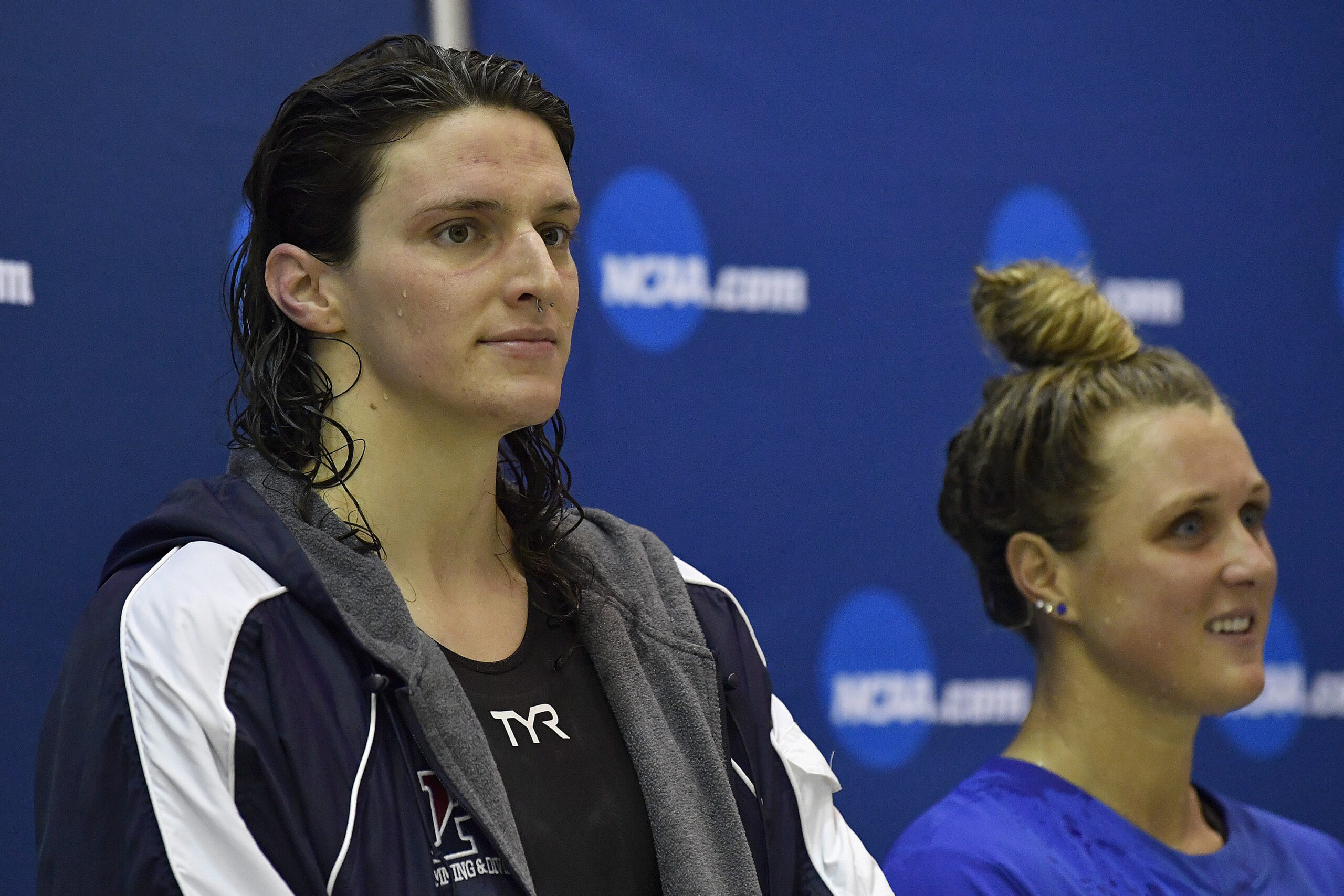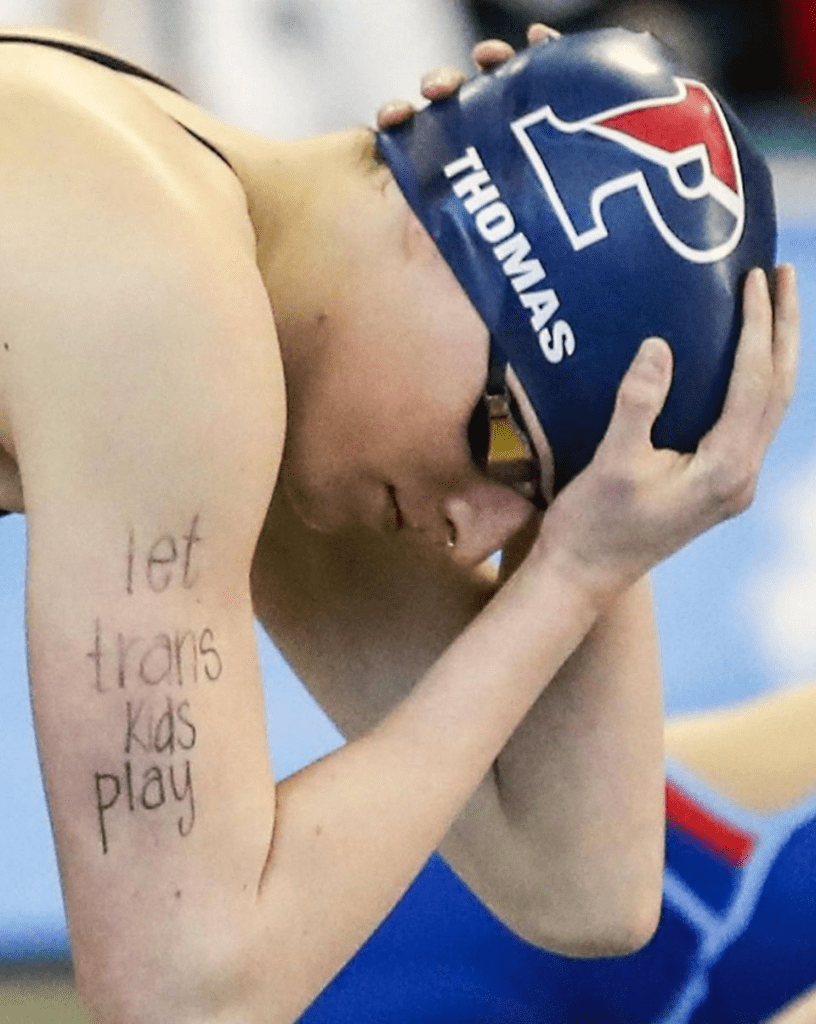The recent ruling by the Court of Arbitration for Sport (CAS) dismissing Lia Thomas’ challenge against the World Aquatics transgender policy has reignited a fiery debate around the participation of transgender athletes in elite women’s sports. As a transgender swimmer who made history by winning the 2022 NCAA Division I individual title, Lia Thomas’ journey has become a lightning rod for discussions on fairness, inclusion, and the ever-evolving landscape of gender in the world of competitive athletics.
Lia Thomas, a 25-year-old swimmer, burst onto the national stage when she won the 500-yard freestyle event at the 2022 NCAA Division I Women’s Swimming and Diving Championships. Her victory marked a significant milestone, as she became the first openly transgender athlete to win a Division I national championship. This historic achievement, however, was not without its share of controversy and scrutiny.

ATLANTA, GEORGIA – MARCH 18: Lia Thomas looks on from the podium after finishing fifth in the 200 Yard Freestyle during the 2022 NCAA Division I Women’s Swimming & Diving Championship at the McAuley Aquatic Center on the campus of the Georgia Institute of Technology on March 18, 2022 in Atlanta, Georgia. (Photo by Mike Comer/NCAA Photos via Getty Images)
The CAS ruling, which upheld the World Aquatics policy that restricts transgender athletes who have experienced male puberty from competing in elite women’s events, has been met with a mixed response. On one side, proponents of the policy argue that it is necessary to maintain the integrity of women’s sports and ensure a level playing field. They contend that the inherent physiological advantages that transgender women may possess, such as greater muscle mass and bone density, could potentially give them an unfair edge over their cisgender counterparts.
On the other hand, Lia Thomas and her legal team have expressed disappointment with the CAS decision, stating that “blanket bans” on transgender athletes are discriminatory and deprive them of valuable athletic opportunities. Thomas has been a vocal advocate for trans inclusivity in sports, arguing that her participation in women’s events does not undermine the competitive landscape and that she should be allowed to pursue her athletic dreams on equal footing.
The Lia Thomas saga has shone a spotlight on the complex and nuanced issues surrounding gender identity and athletic competition. As society continues to grapple with the evolving understanding of gender, the sports world has been forced to confront the challenges of balancing fairness, inclusion, and the unique physiological factors that may come into play.
In response to the growing number of transgender athletes seeking to compete in elite-level events, World Aquatics has implemented a policy that aims to strike a balance between inclusion and competitive fairness. The “open” category, which allows transgender athletes to compete against each other, has been met with both praise and criticism, as some view it as a compromise while others see it as a form of segregation.

The CAS ruling and the ongoing debate surrounding Lia Thomas’ case have significant implications for the future of women’s sports. Proponents of the current World Aquatics policy argue that it is necessary to protect the integrity of women’s events and ensure that cisgender female athletes have a fair opportunity to compete. However, critics contend that such policies may inadvertently exclude and marginalize transgender athletes, potentially undermining the broader mission of inclusivity and equal opportunity in the world of sports.
The Lia Thomas controversy has become a watershed moment in the ongoing discussion surrounding transgender participation in elite sports. As the debate continues to unfold, it is clear that there are no easy answers, and the sports community must navigate these complex issues with sensitivity, nuance, and a commitment to upholding the principles of fairness, inclusion, and the empowerment of all athletes, regardless of their gender identity.


